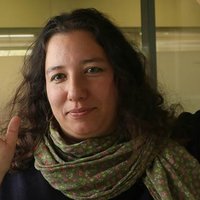
Inbal Goshen
@gosheninbal
Neuroscientist, Multi-Mum, Eye-Roller, Dangerously Honest.
ID: 1000830864501235712
http://www.goshenlab.com 27-05-2018 20:07:27
691 Tweet
1,1K Followers
227 Following
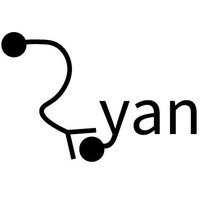
In eLife - the journal today: Natural forgetting reversibly modulates engram expression doi.org/10.7554/eLife.…
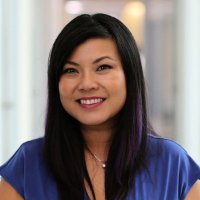
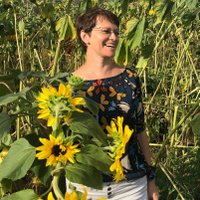
It’s hard to imagine new discoveries about the NMDA receptor, one of the most studied molecules in #Neuroscience. But the brilliant minds in my lab—Antonella Ruggiero Antonella Ruggiero, Leore Heim, and Lee Susman—are here to surprise you! 👇 Sagol School of Neuroscience TAU Faculty of Medical & Health Sciences
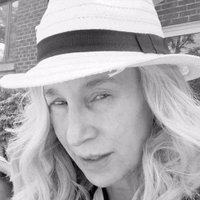
Excited to share our new results! We (huge team effort led by post-doc extraordinaire Sylvie Lesuis) examined the effects of acute stress on threat memory generalization and engram ensemble architecture. sciencedirect.com/science/articl…


Registration & Abstract Submission is open for the 2025 "Engram and Ensembles in Learning and Memory" meeting, at Trinity College Dublin in May. Abstract deadline February 14. #EngramsandEnsembles2025 Preliminary Agenda at event website: event.fourwaves.com/engramsensembl…
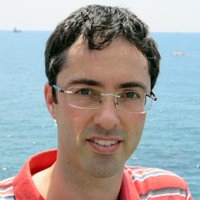



We keep celebrating! Our latest publication in Nature Neuroscience is finally out! Using our new tool AstroLight we demonstrate that a specific group of #astrocytes —an astrocyte ensemble— in the nucleus accumbens regulates cue-motivated behavior. Check it out!✨rdcu.be/d8qJi
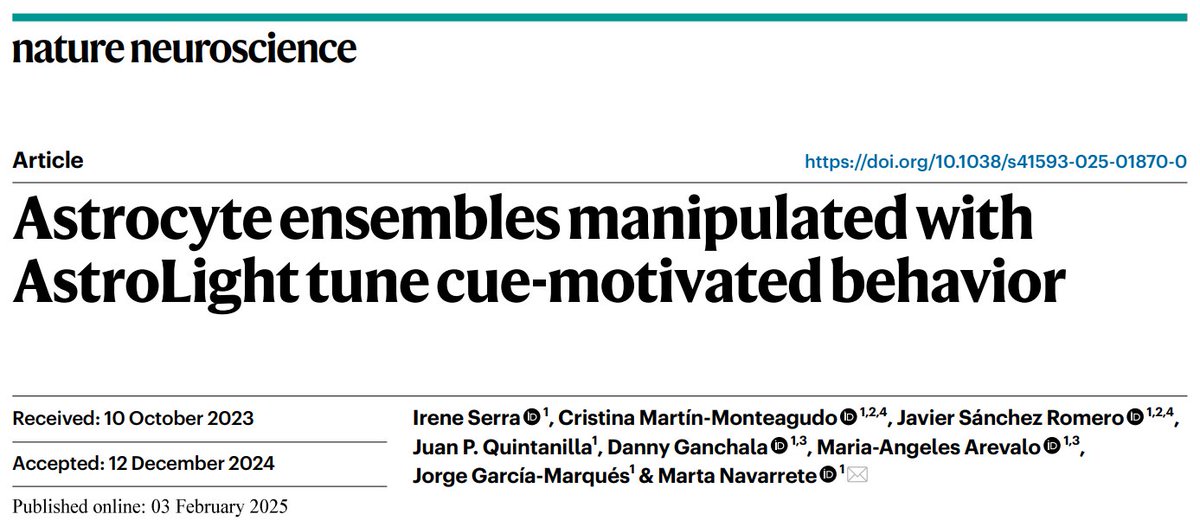

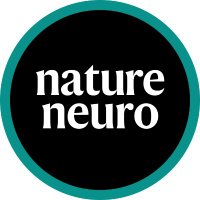
The same dendritic segments are preferentially activated by linked contextual memories, and spines added after linked memories are allocated to the same dendritic segments Megha Sehgal Alcino J Silva Yiota Poirazi Brain Research UCLA Ohio State Psychology Ohio State Chronic Brain Injury Program nature.com/articles/s4159…

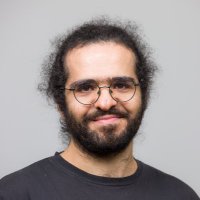
If you are around for the CosyneMeeting conference and interested in how neural computations happen in the brain without neurons (with astrocytes), drop by our workshop co-organized w/ Inbal Goshen 🎗️ and Leo Kozachkov. cosyne.org/workshops-prog…

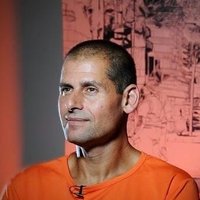


Excited to share our new study: "Cold memories control whole-body thermoregulatory responses" by Andrea Muñoz Zamora, Aaron Douglas & team at Trinity College Dublin, in collaboration with Lydia Lynch & Christine Ann Denny Ryan Lab nature nature.com/articles/s4158…
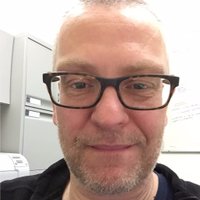

A new review "Chemo- and Opto- Genetic Tools Revolutionizing the Study of Astrocytes in Memory" with Shay Meron in Current Opinion in Neurobiology. I really like their review model - recent works only, short and to the point. Check it out! authors.elsevier.com/sd/article/S09…





